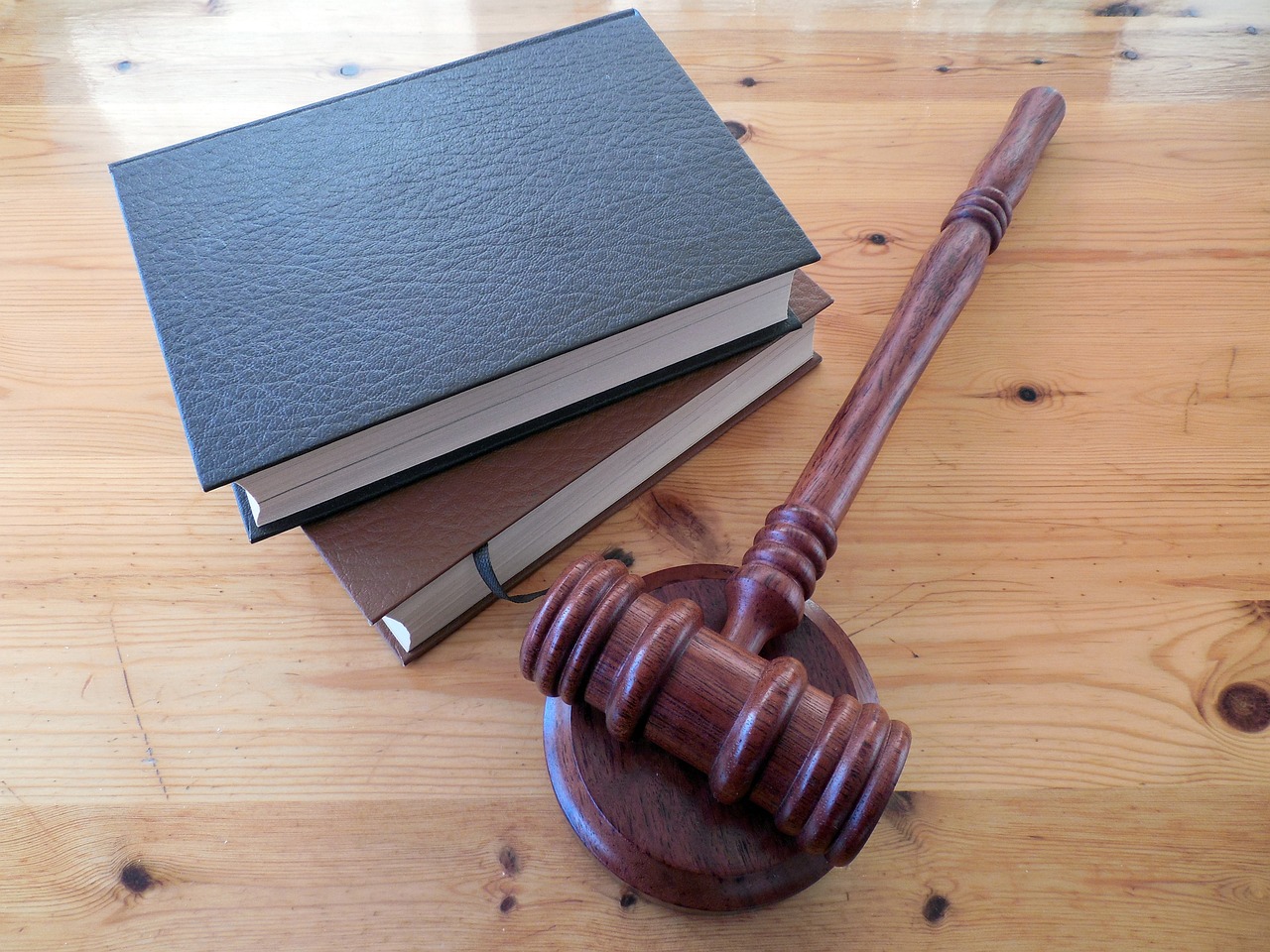 BLOCKCHAIN
BLOCKCHAIN
 BLOCKCHAIN
BLOCKCHAIN
 BLOCKCHAIN
BLOCKCHAIN
A federal judge sided with the U.S. Securities and Exchange Commission in a fraud case against failed blockchain company Terraform Labs Pte. Ltd. and its Chief Executive Do Kwon, ruling that two crypto assets offered by the company – Luna and Mir – are unregistered securities.
U.S. District Judge Jed Rakoff ruled in favor of the regulator in summary judgment on Thursday, agreeing that Terraform is liable for selling unregistered securities. The decision will shape the civil fraud trial, which is set to be heard before a jury in a Manhattan federal court beginning Jan. 29.
Terraform caught the attention of regulators when its stablecoin ecosystem collapsed in May 2022 causing the crypto markets to crash creating what was dubbed “crypto winter.” Terraform offers a pair of connected currencies called TerraUSD, or UST, and Luna.
UST is a “stablecoin,” or a token that maintains one-to-one parity with another currency, with UST it is U.S. dollars so it always maintains $1 per token. However, in 2022, the UST token “depegged,” causing it to lose its value rapidly and because it was also connected to Luna, that token also crashed.
The SEC sued Terraform and Do Kwon earlier this year alleging the company had committed “a multibillion-dollar crypto asset securities fraud” and in its complaint noted that the meltdown of the UST-Luna ecosystem had wiped out almost $40 billion in combined market value.
Luna is a token used to keep UST stable by burning or minting it to maintain UST’s $1 peg and Mir is described by Terraform as a “governance token that earns fees from asset trades” on the Mirror Protocol. The Mirror Protocol is a way for users to purchase “synthetic assets” that mirror the price of real-life assets, such as stocks, precious metals or commodities and then use tokenized versions to trade those assets.
Rakoff cited the Howey test to show why Luna and Mir should be considered securities, as the SEC alleged in its complaint. Under this test, which was devised by the Supreme Court in a 1946 case, it defined “investment contracts” as requiring common enterprise, investment of money, reasonable expectation of profits and under the management of others.
For Luna, Rakoff noted that Kwon himself stated that holders of the token could just “[s]it back and watch [him] kick ass,” or just simply invest their money and expect profits. In the case of Mir, the judge noted that holders would receive 0.25% from trading fees and that the company intended to develop and improve the Mirror Protocol, thus showing “common enterprise” efforts to grow and maintain the system using investments.
The summary judgment only covers Mir and Luna, but not any other cryptocurrency tokens offered by Terraform. The company said it does not believe that the tokens are securities.
Additionally, the court denied Terraform’s motion to exclude testimony from two SEC experts, Dr. Matthew Edman and Dr. Bruce Mizrach. The court also denied the SEC’s motion to exclude one of Terraform’s expert witnesses, Dr. Terrence Hendershott.
“We strongly disagree with the decision and do not believe that the UST stablecoin or the other tokens at issue are securities,” a Terraform spokesperson told CoinDesk. “Further, the SEC’s fraud claims are not supported by evidence, and we will continue to vigorously defend against those meritless allegations at trial.”
The SEC has been ramping up enforcement efforts related to cryptocurrency operations over the past few years under the theory that most cryptocurrencies are securities and therefore should be registered with the regulator. That has led to a slew of lawsuits against crypto companies and exchanges, including Coinbase Inc., Binance Holdings Ltd. and its Chief Executive Changpeng Zhao for violating U.S. securities laws. Kraken, the U.S.-based exchange, agreed to pay $30 million in fines and shut down its crypto asset staking programs.
The SEC has faced one major setback in its attempts to secure wins in its enforcement actions under the cryptocurrencies as securities theory when a New York federal judge ruled that XRP, the underlying token of Ripple, was not a security in July.
Support our mission to keep content open and free by engaging with theCUBE community. Join theCUBE’s Alumni Trust Network, where technology leaders connect, share intelligence and create opportunities.
Founded by tech visionaries John Furrier and Dave Vellante, SiliconANGLE Media has built a dynamic ecosystem of industry-leading digital media brands that reach 15+ million elite tech professionals. Our new proprietary theCUBE AI Video Cloud is breaking ground in audience interaction, leveraging theCUBEai.com neural network to help technology companies make data-driven decisions and stay at the forefront of industry conversations.